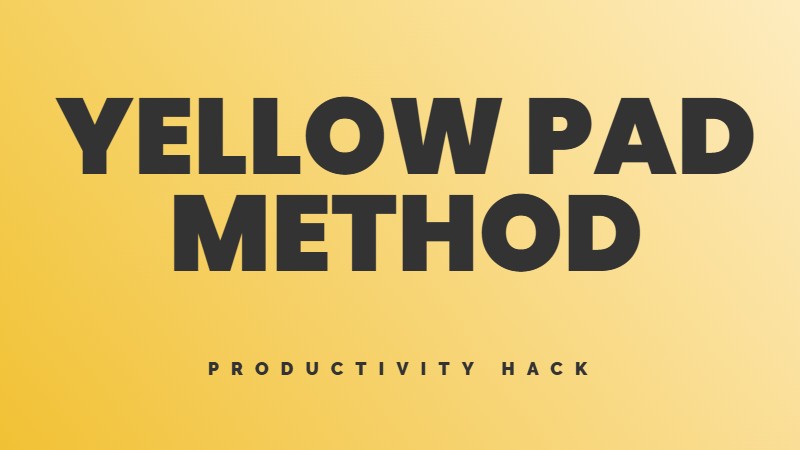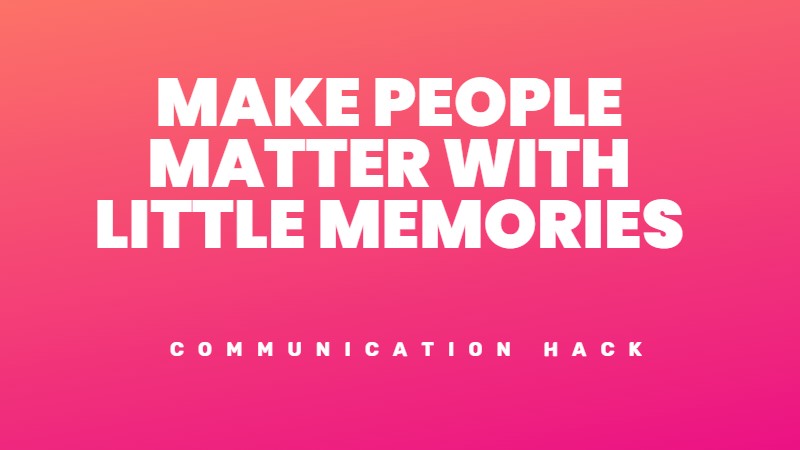Scientists have long understood that smarter people tend to live longer. The question has always been: which parts of intelligence matter most? Is it quick thinking, strong memory, vast knowledge, or something else entirely?
Researchers studying 516 older adults—all now deceased—found something unexpected. Among nine different mental abilities, only verbal fluency predicted survival. People who could rapidly list animals or words starting with a specific letter lived about nine years longer than those who struggled with these tasks.
Word skills don’t just fill your crosswords. Word add years to your life.
Your ability to quickly name animals or list words starting with “s” tells more about your lifespan than your memory, knowledge, or processing speed.
How verbal fluency boosts your longevity
Research from the Berlin Aging Study suggests people with higher verbal fluency scores lived nearly 9 years longer than those with lower scores. Scientists followed adults aged 70 to 105 over nearly two decades and found something surprising: verbal fluency was closely linked to how long people lived.
The verbal fluency-longevity connection
Verbal fluency, your ability to quickly generate words from memory, turned out to be the strongest predictor of survival among all cognitive skills tested. This outperformed other mental abilities like memory recall and visual pattern recognition.
The study measured verbal fluency with a simple test: naming as many animals as possible in 90 seconds. People who could easily list more animals lived longer. In fact, the difference was dramatic. Those with higher verbal fluency scores had nearly 9 extra years of median survival time compared to those with lower scores.
Why does this matter? Scientists believe verbal agility signals broader system-wide resilience. When your mind stays nimble, your body and emotional well-being follow suit.
Why verbal fluency predicts longevity
Verbal fluency sits at the crossroads of different cognitive abilities:
Paolo Ghisletta, lead researcher at the University of Geneva, explains that verbal fluency works as an excellent measure of overall well-being because it’s a complex process that relies on multiple cognitive abilities.
When you take a verbal fluency test, you’re doing something far more complex than simply recalling information. You’re showing how well your brain’s executive functions work together.
Research findings
The Berlin Aging Study analyzed data collected over 18 years from 516 elderly participants. Researchers tested four distinct cognitive abilities:
Among these cognitive traits, only verbal fluency showed a significant link to increased lifespan. Just one additional animal named on the test translated to a 5.6% reduction in mortality risk. Similarly, one additional word beginning with a specific letter reduced risk by 3.7%.
5 ways to boost your verbal fluency
Ready to give your verbal skills a workout? Try these research-backed methods:
1. Read aloud daily
Reading out loud helps your articulation and rhythm, both key to verbal fluency. This practice also improves memory retention and understanding.
2. Practice word games
Crosswords, Scrabble, and word association games all strengthen the mental pathways you use when producing words quickly.
3. Join group discussions
Conversation pushes you to think on your feet and find words quickly. Book clubs or discussion groups give you regular practice.
4. Write by hand
Put pen to paper. Studies show handwriting activates brain regions for memory and learning that typing doesn’t access.
5. Learn new words
Expanding your vocabulary gives you more options when you need to generate words quickly. Try learning one new word each day.
The brain-body connection
The link between verbal skills and longevity highlights something scientists have long suspected: cognitive health and physical health are deeply connected.
When researchers controlled for factors like age, sex, and education level, verbal fluency remained a strong predictor of survival. This suggests the connection isn’t just about education or background. It’s about how actively you use and maintain your cognitive abilities.
Dr. Ghisletta notes, “All domains are declining together, whether it’s cognition, personality, emotions, or biological, medical decline in general.”
Bottom line
The beauty of verbal fluency as a health marker lies in its simplicity. Unlike complex medical tests, a verbal fluency assessment takes minutes and requires no special equipment.
Next time you catch yourself hunting for the right word, remember this: your brain is doing important work behind the scenes. When you keep your verbal abilities sharp, you’re not just becoming a better communicator. You might be adding years to your life.




Leave feedback about this